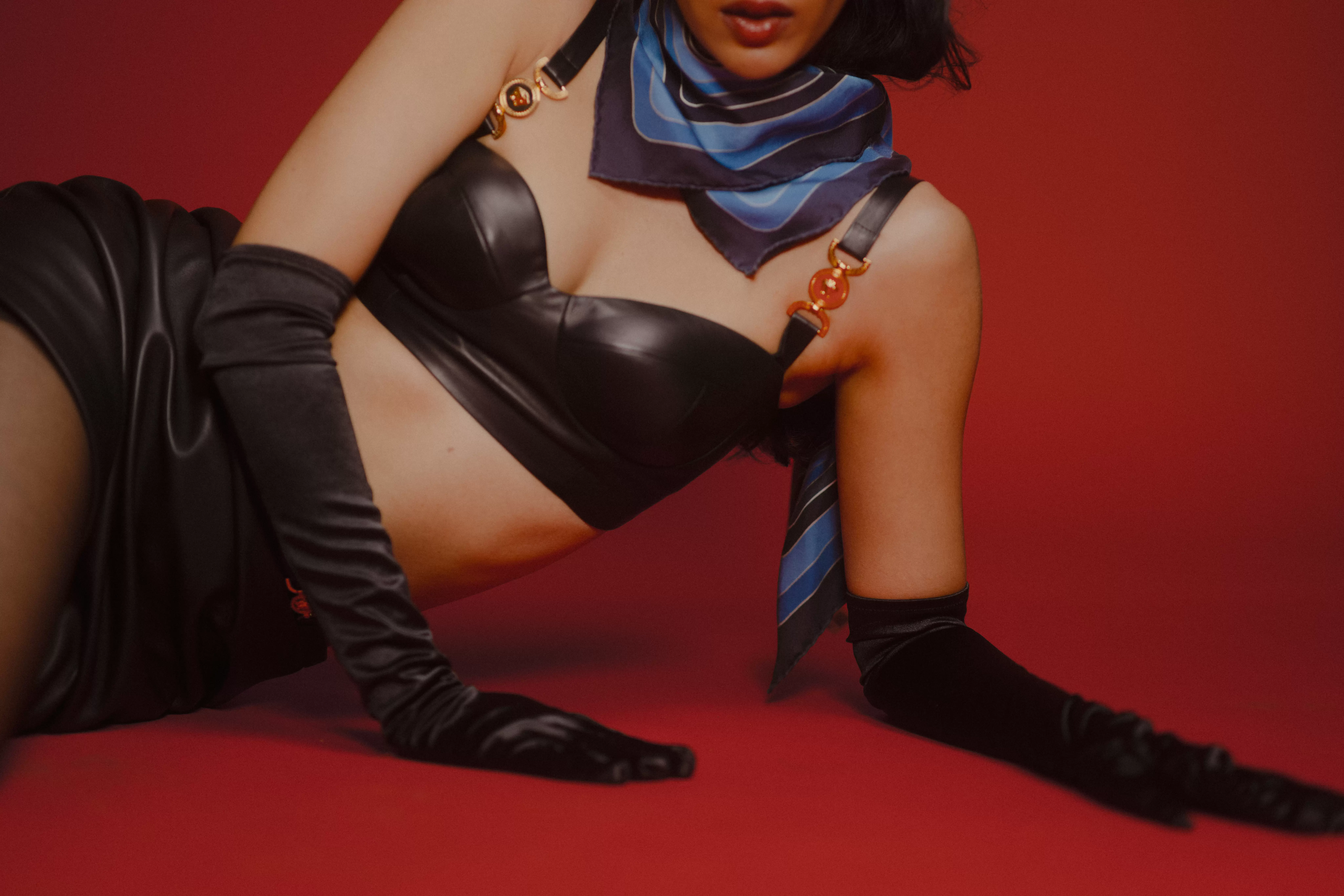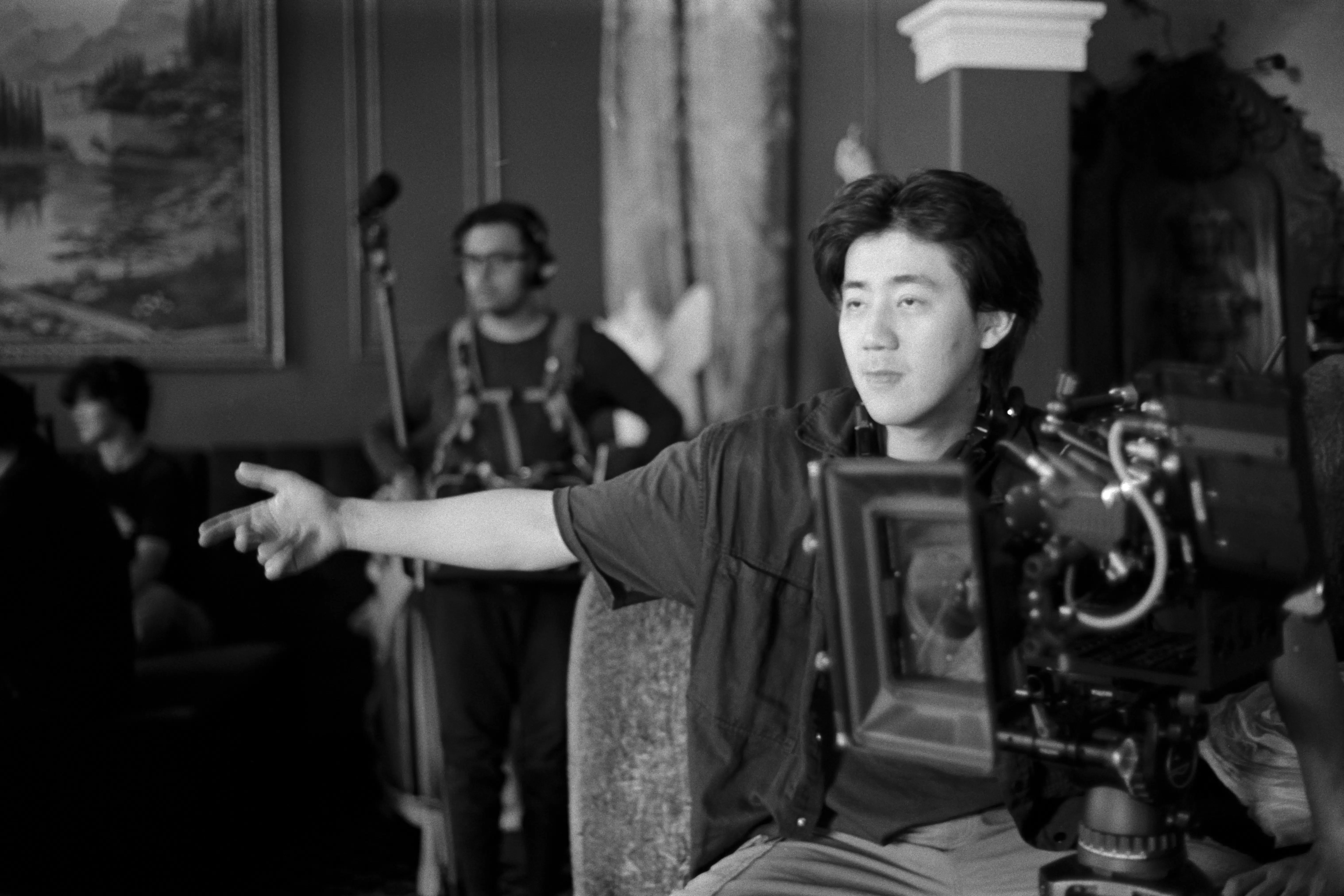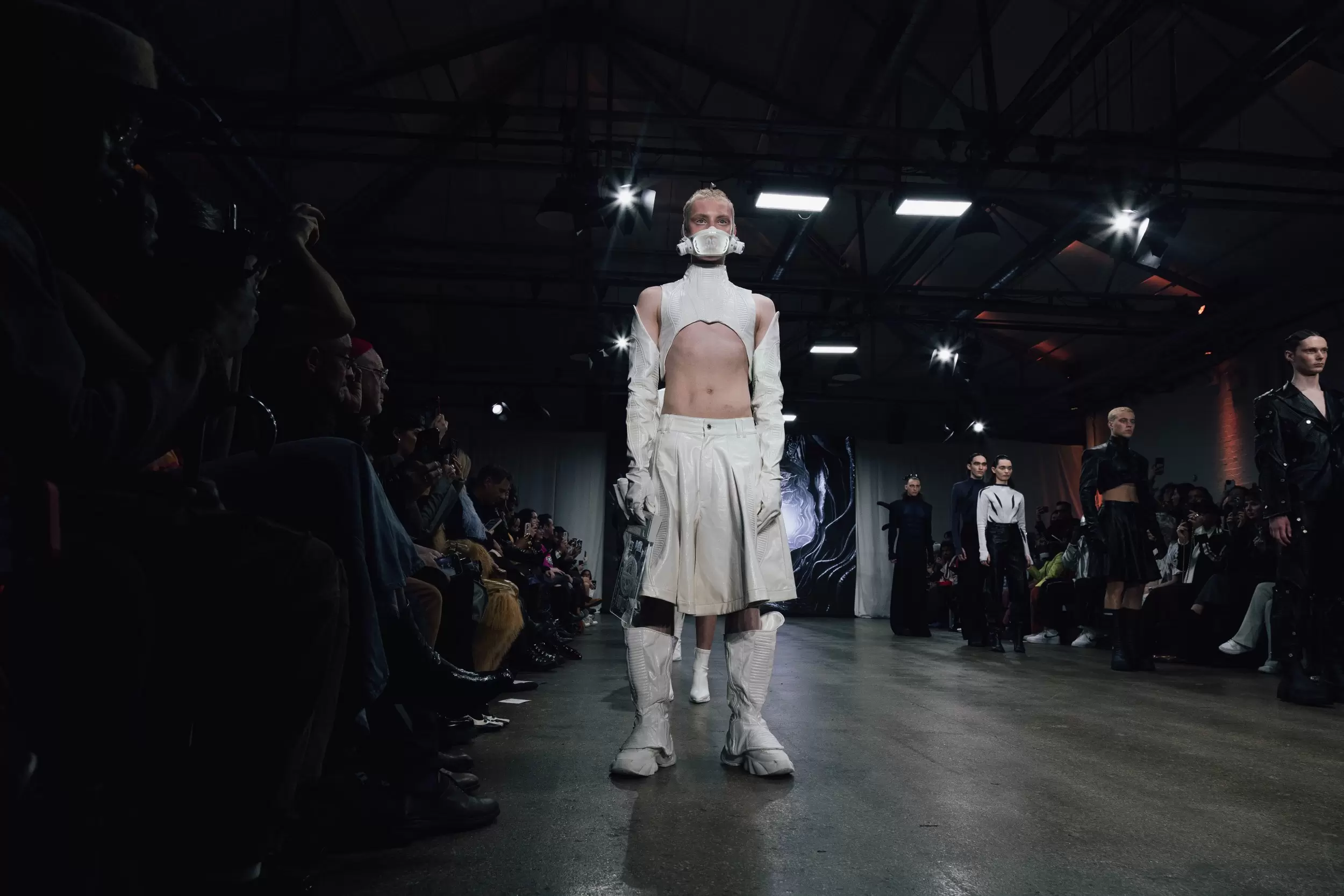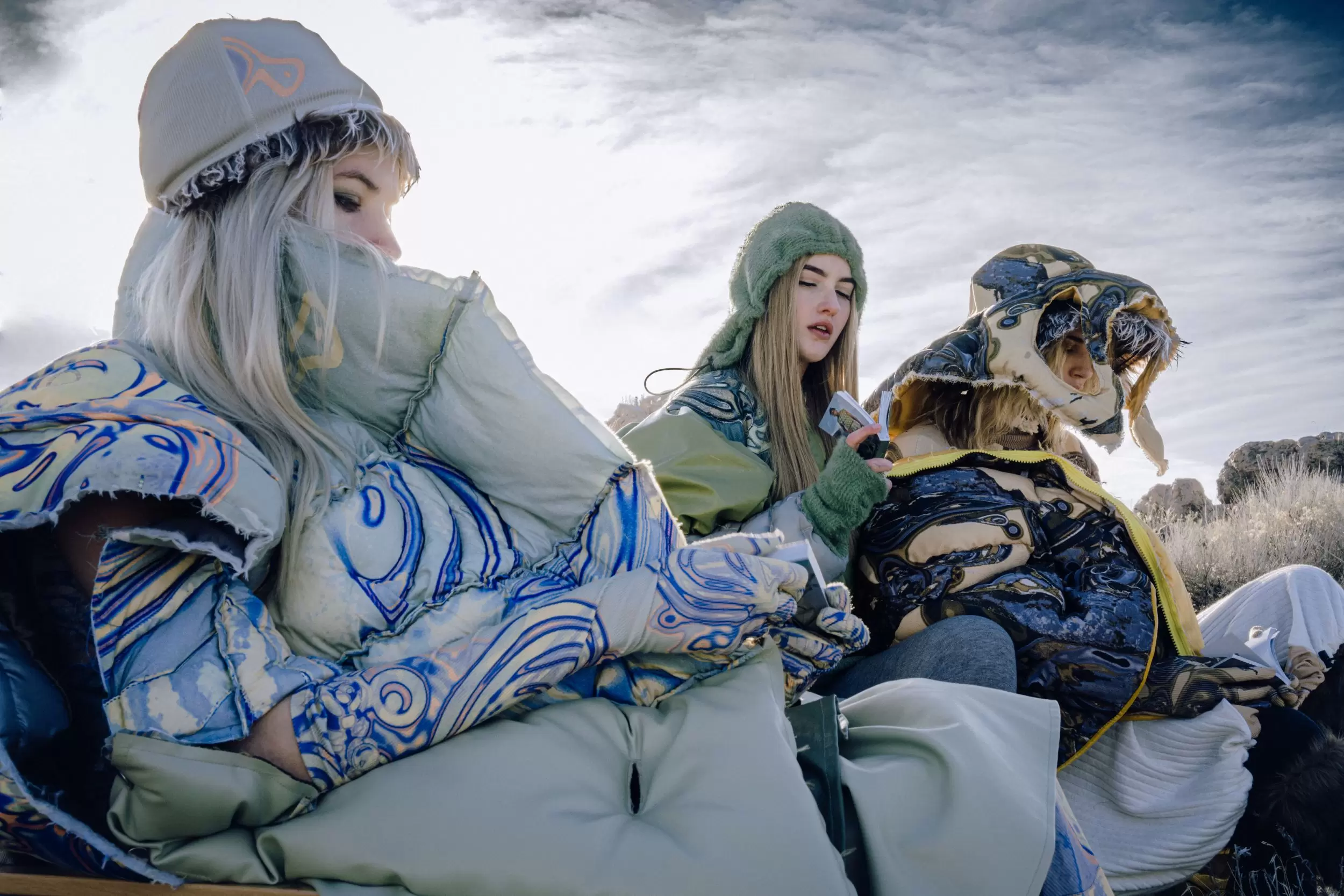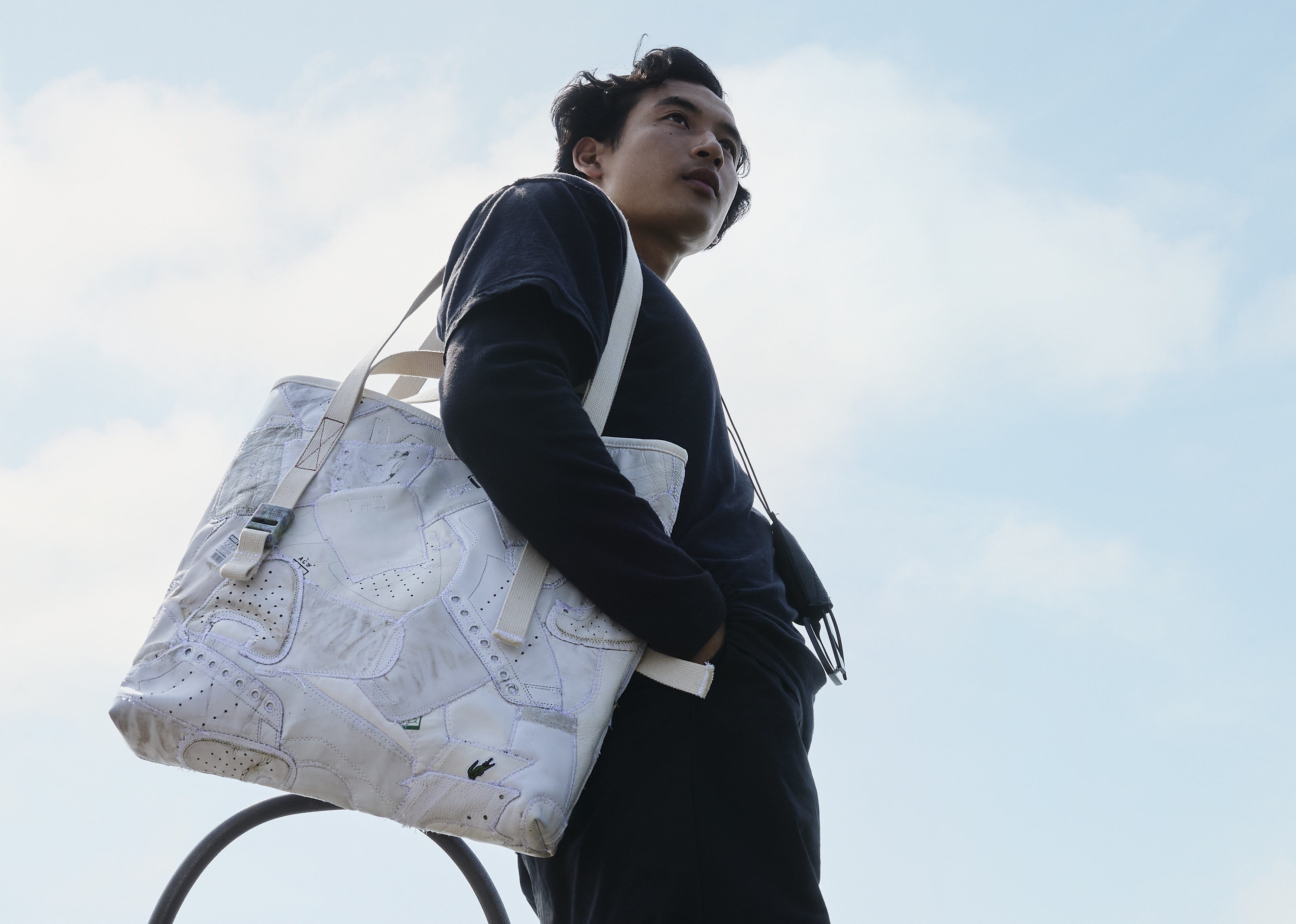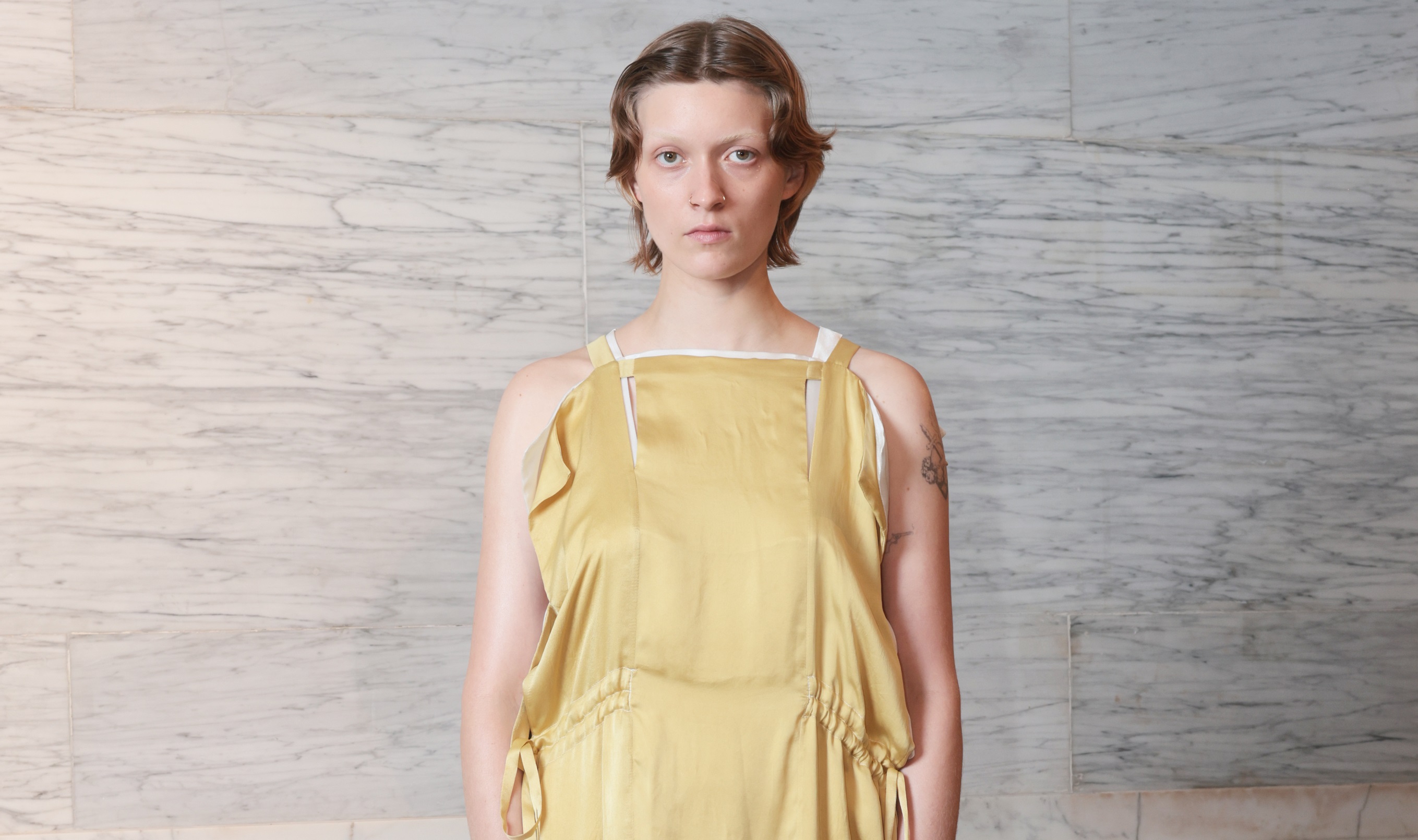Photographer: Pip // Styling: Gareth Scourfield // Grooming: Nohelia Reyes // Text: Sarah-Eve Leduc
Born and raised in England, Daniel’s childhood was marked by a love for movies that began at a remarkably young age. His father would often take him to the local video rental store, where Daniel’s fascination with films like “Home Alone” and “Goodfellas” took root. This early passion for cinema was more than just a hobby; it became a foundation for his future career.
In recent years, Daniel has gained recognition for his diverse roles, from the lovable womanizer Luke in “Lovesick” to the complex character of Dan in “Sex Education.” However, his portrayal of Freddy in Guy Ritchie’s latest Netflix series, “The Gentlemen,” marks a significant turning point in his career. Freddy is a character fraught with flaws and dark humor, demanding a performance that balances chaos with a strange, pathetic charm.
In this exclusive interview with Flanelle Magazine, we dive into Daniel’s personal life, exploring how his personal experiences have shaped his approach to acting, and discuss his intriguing role in “The Gentlemen,” uncovering the challenges and nuances of bringing Freddy to life on screen.
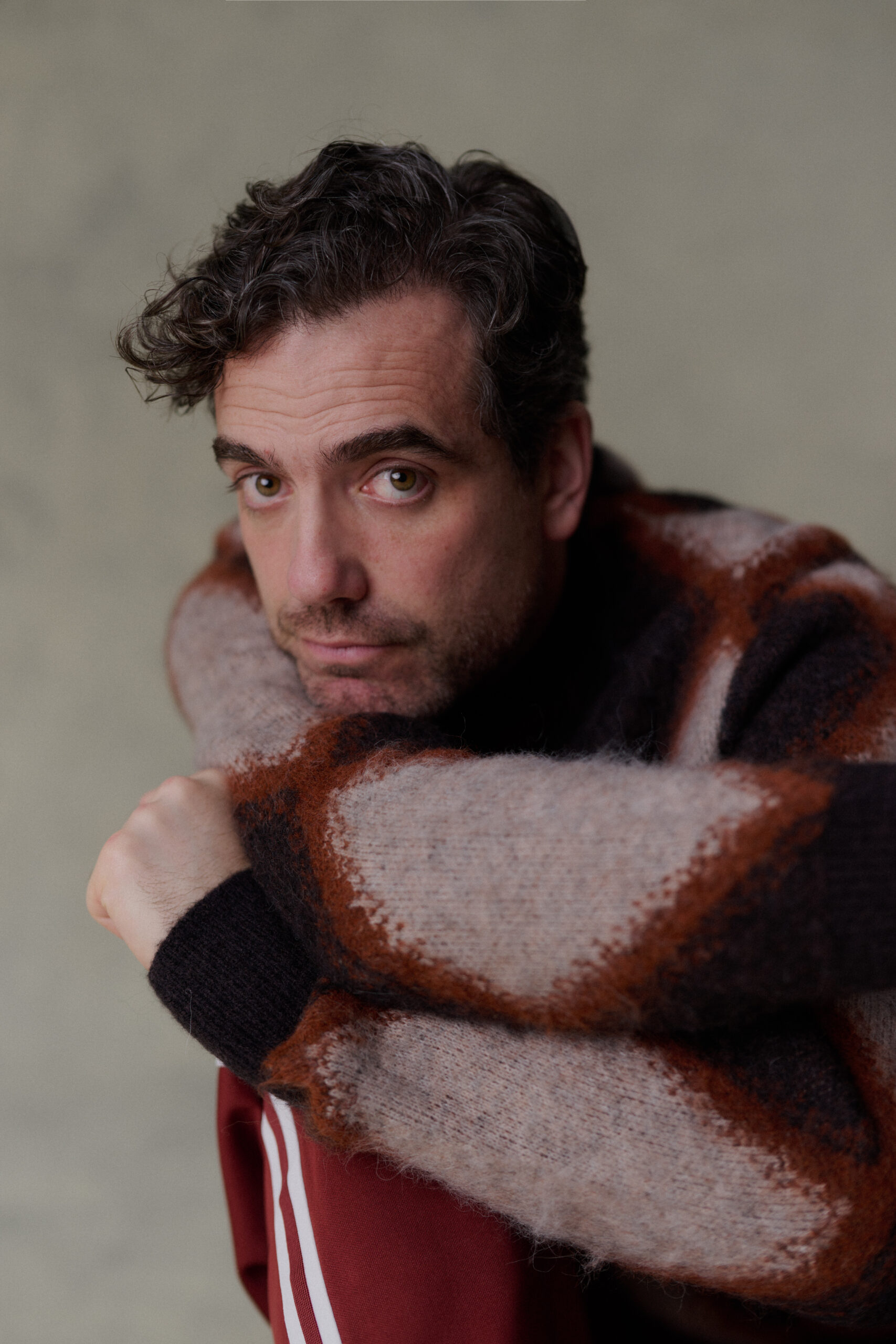
You’ve played a variety of charming yet roguish characters over your career, from Luke in “Lovesick” to Freddy in “The Gentlemen.” Some of them we could call ‘pricks’. In previous interviews, you’ve talked about the liberating experience of playing characters who don’t follow social norms. What draws you to these roles, and how do you make them likable despite their flaws?
I used to have a running joke with my dad that whenever I was offered a role he’d ask, “posh smug arrogant wanker by any chance?” To which I’d inevitably reply… yes. But I suppose even when you’re starting out and have to fight for every role, you gravitate towards certain characters and feel more comfortable with them in auditions. I’d argue that the connective tissue between those roles you mentioned is that I just knew exactly how I wanted to play them—I could see on the page where I’d be able to surprise people, whether by making them laugh or walloping them in the feels. It’s usually the cadence of the dialogue that makes me think “I know what to do with this guy.” Although even using the word ‘cadence’ in a sentence like that unironically makes me shiver with pretentiousness. My smug wanker radar is flaring.
In “The Gentlemen,” your character Freddy has a particularly memorable and comedic moment involving a chicken suit. Can you tell us more about filming that scene and how you prepared for it?
Most of that chicken scene was improvised. Or rather—we winged it (if you’ll forgive the pun. You may well not forgive it). The dialogue with Peter at the top was largely written, although he had about 10 minutes to learn his big speech about chickens versus eagles. And fuck me, did he smash it. It was a sight to behold. The rest was really just about letting him abuse me and trying to follow his instructions. The part where I duck out and burst into tears was completely sprung on me, and Guy just said, “we need to see the moment where you decide to kill him. GO!” I didn’t know it was being filmed in 50 frames, so I decided to start shouting “Fuck you Tommy, fuck you Eddie, FUCK YOU DAD.” In my mind, all of Freddy’s pain came from the lack of his father’s approval. He feels stupid and tiny and ashamed. But because it’s in slow-mo, you don’t hear any of that, and I think it works so well. The music and the way it’s cut together. Makes it look like proper acting and stuff.
Your character Freddy goes through significant emotional and psychological turmoil. Can you describe your process for getting into character and maintaining that intensity throughout the shoot?
For me, I felt like we would always be able to find the funny with Freddy. He’s such an over-the-top buffoon in a lot of ways that his warped perspective would always lend itself to humor. The thing that worried me more was finding and maintaining that other side to him. The whole story of Eddie and the Glass family really only kicks off because Freddy fills his nose with cocaine and blows a man’s head off, so I felt like we had to maintain that intensity. Wherever we could, Theo and I worked quite hard to continue that through-line about a man struggling to protect a sibling with the capacity to be vulnerable but also behave like an absolute psychopath. So oddly enough, the intensity came from the struggle to make sure our storylines kept that up, and Freddy didn’t just become comic relief. I actually found the few moments where his anger or wildness or vulnerability flared to be the easiest to film, because I knew they’d enhance and maybe even help justify the humor.
Freddy is a complex character with a lot of underlying pain, especially related to his relationship with his father. How did you approach bringing out these deeper, darker aspects of his personality?
Well, I guess most people can relate to that pain of wanting approval from someone you love, whether it’s a parent, sibling, partner, or boss. And often that subconscious need for approval can transfer from one person to another. Someone reminds them of a parent who never told them they were good enough, and their resentment transfers to that person. I felt like all Freddy’s anxieties around that transferred onto his younger brother. Once their dad is gone, now Freddy needs Eddie’s approval. But at the same time, he feels all this resentment that Eddie was always the favored son. I found all that very easy to access because I’m very much a people pleaser by nature. I try to give less of a shit what people think nowadays, but in my teens and 20s, if I saw someone coasting through life in ways I found impossible, I would either idolize them or deeply resent them. And sometimes both at the same time. Christ, I’ve turned this into a therapy session, haven’t I!
You’ve worked in both television and film, and even on stage. How do you adapt your acting style to different mediums, and do you have a preference for one over the others?
I don’t find a huge difference between film and TV, especially now that tele has caught up with film in terms of ambition and scope. The main difference is time, so I always try to make sure I can hit the ground running. In retrospect, this show really pushed me out of my comfort zone, so I’d like to continue in that vein if I can. But screen acting is mostly a confidence trick. I’ve seen actors play emotional scenes whilst basically thinking about what they’ll cook for dinner, and it comes across as the most rich, textured performance imaginable. I love that about it—that once you figure out the technical side, you can really start to mess around with it and see what you can get away with. I love watching stuff back and spotting the tiny details from fellow actors that I missed on the day. That’s why what Theo and Kaya do in this show is so impressive. I get to bring the fireworks, but in a way, that’s the easy part—go big or go home, then if it doesn’t work, they’ll cut it. But those guys had to carry huge chunks of story whilst keeping it all so contained. That’s how you know you’re watching pros.
The last time I was on stage was in Kenneth Branagh’s Macbeth 10 years ago, and I played the Porter, which is a role no one is interested in during a gripping, blood-soaked thriller. We filmed it as an NT Live, and I remember being backstage before my monologue thinking, “Christ if I go out there and forget my lines, no one can save me and it’s being beamed around the world.” It started to really freak me out. But that’s not why I haven’t done theatre since; I honestly just rarely get asked. I would kill to get back on stage. Something very fucking weird ideally.
Your background includes a mix of lower-middle-class upbringing and private schooling, which you’ve said helped you play posh characters. Can you share more about how your personal experiences have influenced you and your acting?
I had some great teachers who I’m still in touch with. My drama teacher was amazing and really gave me the chance to grow as an actor, and I had this music tech teacher we all called Buzz who had a huge impact on me. But the honest truth is I felt like a fish out of water there. My mum’s best friend at uni went on to become a hugely successful lawyer (then QC and now judge), and he became a sort of benefactor to me and my sisters, as well as about six other kids of his friends. He paid for us all to go to private schools. He’s an amazing guy, sort of like my Magwitch (but without the dark side). I’ll always be grateful to him, but it was tough in some ways because all bar one of my friends went to a different school, and I didn’t love the environment at the one I was at. I remember them sitting us down in assembly and telling us, “you will be the leaders of tomorrow,” which is pretty weird and terrifying. Even at age 12, I was thinking, “What the fuck?” So I suppose some of that has fed into my work when I play these posh guys. Both my parents are left-wing, and finances were pretty tight for my mum, who we lived with after my folks divorced, so I had this odd contradiction of that and then getting a bus in from Trowbridge to a school that prided itself in being super traditional. The year I went was the first year girls were allowed to wear trousers instead of skirts (but only in the 6th form). I remember writing all these wannabe satirical think pieces for the school paper about how weird so many of the rules were, like boys not being allowed hair longer than below their collar. I became obsessed with films like One Flew Over The Cuckoo’s Nest and Cool Hand Luke and genuinely saw myself as some kind of crusading maverick, which is obviously so incredibly lame. But everyone in my family is incredibly funny and dry, and humor was always very much a survival mechanism for me. There were a lot of weird and occasionally nasty attitudes thrown around by some teachers and some of the pupils, so by the end, I honestly couldn’t wait to get away. Then I got to uni, and one of my mates on my course at Lancaster started calling me “squire,” and I was like, “Wait, I’m a posh guy?! NOOOOOOOOOO.”
If “The Gentlemen” were to get a second season, what directions or developments would you like to see for Freddy?
Wherever it went, I would just want it to be dark and weird. Let the fucker off his leash, and let’s see all hell break loose.
You’ve expressed interest in writing and directing. Are there any specific projects or genres you’re particularly excited to explore in the future?
I’m a huge Shane Meadows fan (or stan as the kids say these days. Why stan? Who’s stan? What’s Stan got to do with anything). I wrote a show that was meant to be a Shane Meadows project (unbeknownst to him), and it ended up actually being okay. People seemed to quite like it. I even sent it to Mark Herbert at Warp, who has made a bunch of Shane Meadows’ films, and he said that if he’d read it while they were making their last project, he would have put it in front of Shane and said, “this is your next thing.” Mark was so lovely and encouraging, which was unbelievably gratifying given how many films he’s made that I love. But alas, the timing just wasn’t right. My show would have been a revisionist western set in medieval England, very different to Gallows Pole, but it felt like a strange coincidence that Shane made that right as I pitched my show to Warp. Again though—gratifying that I wasn’t necessarily barking up the wrong tree. Maybe it’ll get made one day, who knows. I don’t like tooting my own horn, but I’m proud of some of the stuff that’s in it. I re-read a bit recently and was like “shit, this is quite good.” It’s about a group of aging thieves who all start getting picked off one by one and have to regroup to find their old leader, who’s now a sort of paranoid madman living out in the woods with pagans. There’s a bit of Apocalypse Now in there, a bit of Unforgiven. It plays on the idea of legend and celebrity like that amazing Jesse James film Brad Pitt made. Only in this, it’s also about social injustice, so everyone talks like they’re in a Shane Meadows film. I jokingly call it This Is England 1224.
You’ve mentioned being a movie nerd growing up, often watching multiple films in a day. How has your love for movies evolved over the years, and do you have any current favorites or films that have particularly inspired you recently?
My attention span is a lot shorter these days, so I need to be entertained. I loved Oppenheimer because I’m fascinated by that period of American history anyway, and I felt like it was just unapologetically and unrelentingly entertaining whilst also telling a great historical story. I loved The Holdovers. I saw a really small film a few years ago that stuck with me and I can’t stop thinking about, but nobody has seen it, called The Killing of Two Lovers. It’s essentially about a marriage on the rocks, and the filmmaking was so beautifully simple, but it told a very real and grounded story with just amazing performances, including from all the kids in it. That’s the kind of thing I’d love to make. I tend to either love very very small and simple films or ridiculously bombastic and over-the-top ones. I miss out-and-out comedies being in cinemas, and I feel like they’ll make a comeback soon. But the best comedy I’ve seen recently has been on the small screen. My latest obsessions have been Hacks and Platonic. And the final series of Curb. All of them are just joyful works of absolute genius. Like a warm bath.
What advice would you give to aspiring actors who are just starting out, especially those who might be typecast in certain roles?
Don’t be ashamed or embarrassed if you’re typecast. It’s frustrating but also pays the bills, so at least you’re getting to do what you love. But don’t give up that passion to keep evolving as an actor, because if you know you have the goods, then you’re right to want the world to see it. So trust your instincts because, in the words of the great William Goldman—“Nobody knows anything” (including and especially me, by the way).
That aside, and with that final caveat in mind, my three tips would be:
1.Know what you’re in. One of the hardest things is feeling like you have more to give and it’s not being appreciated. But sometimes that might be because you’re too focused on what it is you want people to see of you rather than what’s required of the role. If you have two lines as Fisherman Number 1, then sell the shit out of them. But if you’re trying to suggest crowbarring in a whole speech about life, the universe, and everything, then it may put some backs up. Equally, if you’re trying to give a super dramatic performance in a light comedy, then chances are it may not work. So know what you’re in.
2.Focus on understanding the story. Writing has really helped me see more of the overall picture. For instance, it can be tough if your scene gets cut, but if you’re able to understand why it needed to go, then maybe you can feel glad instead of getting upset. Or if you don’t get a role you auditioned for, it may well be for reasons completely beyond your control. So don’t take it personally. Try to see the bigger picture.
3.Fuck it. Acting should be fun. Be proud that you’ve chosen to try and make it as any kind of artist—it’s brave and stupid and completely brilliant. But we’re not saving lives. If it doesn’t work out, or you decide you’d rather do something else, then as long as you have your priorities straight, you’ll be fine. Life is too short to make your acting career the sole overriding purpose of your existence. You’ll never be on your deathbed thinking, “man… I really wish I’d nailed that audition for Fisherman Number 1.” If you feel like things are heading that way, then you need to pause and rethink. Go for a walk. Call your mum. Or watch an episode of Curb. In fact, regardless, definitely do that. They should prescribe that final episode on the NHS.
The Gentlemen is available on Netflix now

